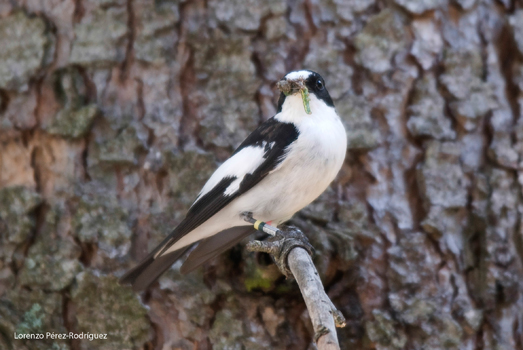Long-term monitoring of individually marked animals is usually required for reliable estimation of numerous life history parameters. However, capture, marking and manipulation can dramatically alter the animals' behaviour after capture, and thus affect subsequent recapture success. Here, a pied flycatcher population was used as an example to illustrate the sampling bias resulting from the repeated capture of free-ranging individuals. By using repeated measures of the same individuals obtained during our long-term survey, the interannual response of breeding adults to capture-related stress was specifically evaluated, measured as latency to enter nestboxes equipped with a swing-trap. Moreover, the changes in the mean and variance of bird age with varying trapping effort were examined using subsamples of the data set. Birds without any previous trapping experience entered nests more quickly than experienced ones, after controlling for other factors affecting latency, such as the sex, offspring quality and the order of capture relative to the other pair member. Birds' reluctance to enter the nest furthermore increased as the number of captures in previous years accumulated, implying that individual pied flycatchers became progressively more difficult to capture over the course of the study. These results indicate that repeated exposure to capture stress over an animal's lifetime may induce long-lasting behavioural modifications that may influence trappability of the older segments of the population. This may ultimately lead to sampling bias towards younger ages, especially when effort is limited. The study concludes that systematic age bias due to trapping experience can have important implications for the estimation of variation in a range of traits and should therefore be carefully checked in longitudinal studies. informacion[at]ebd.csic.es: Camacho et al (2017) Lifelong effects of trapping experience lead to age-biased sampling: lessons from a wild bird population.


 Las altas temperaturas están provocando que las lagunas y las marismas de Doñana pierdan agua rápidamente
Las altas temperaturas están provocando que las lagunas y las marismas de Doñana pierdan agua rápidamente




